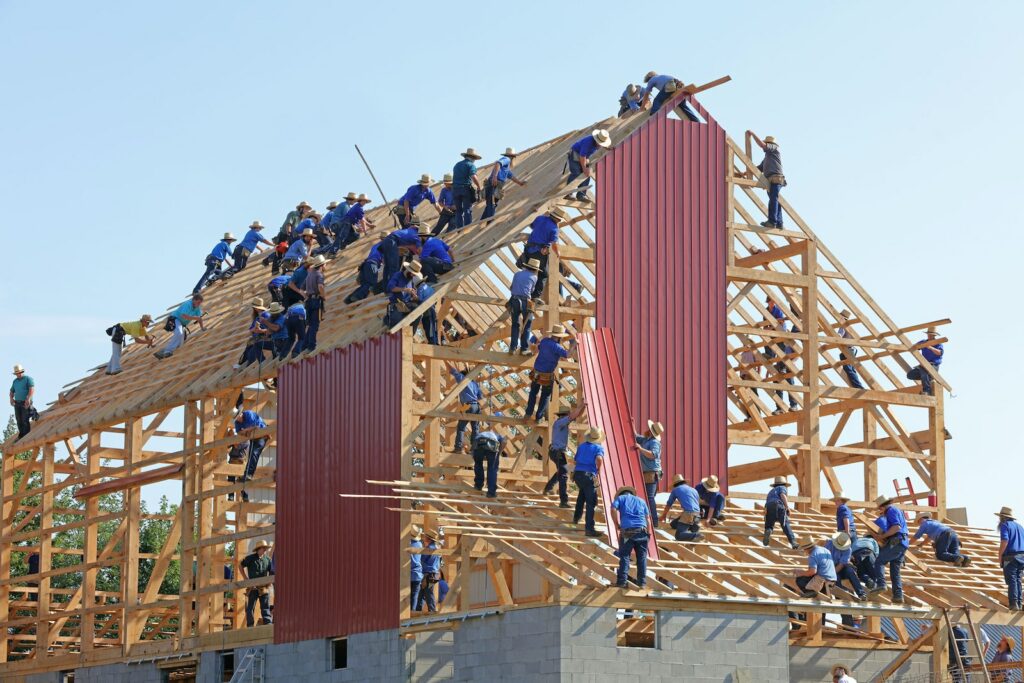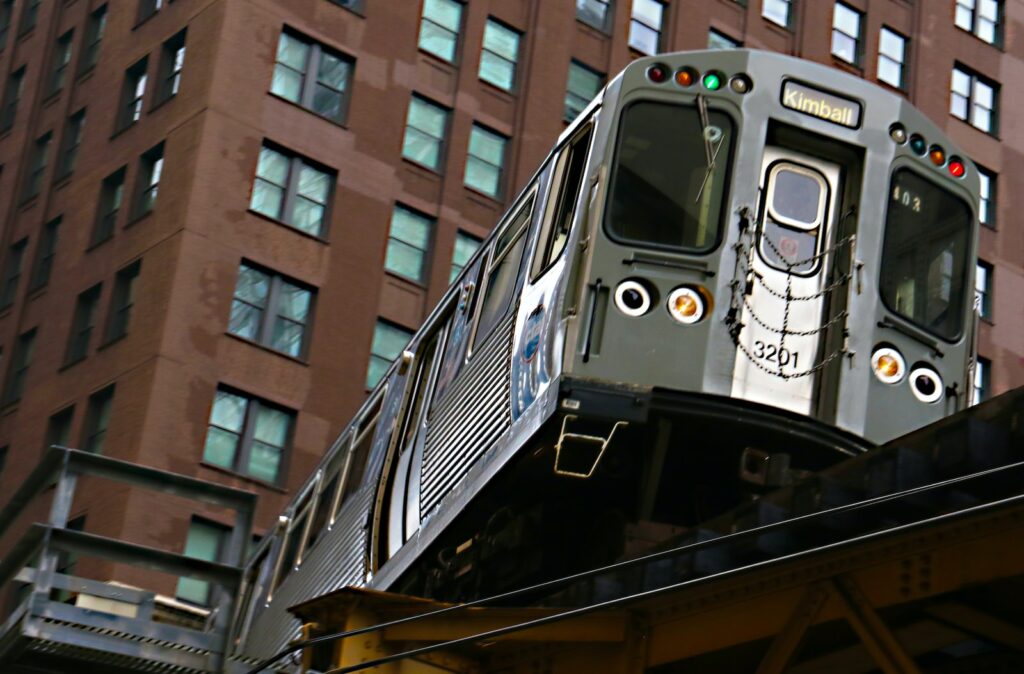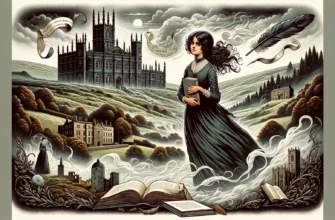Regarding the English language, certain letters are more commonly used than others. One such letter is T, and it’s no surprise why – T is the 20th letter in the alphabet and ranks as the second-most commonly used consonant after S.
As such, learning the most common words that begin with T is a great way to improve your English vocabulary and language skills. In this article, we’ll look at the 60 most common words that start with T and provide detailed definitions for each.
From everyday nouns to action-packed verbs and descriptive adjectives, the English language offers many words starting with T. Whether you’re a student looking to expand your vocabulary or a professional seeking to improve your communication skills, these words are essential to your arsenal.
By familiarizing yourself with the most commonly used words that start with T, you’ll be better equipped to understand and express yourself in English.
Some of the most commonly used T-words include “time,” “today,” “top,” and “tomorrow.” These simple yet essential words are used in everyday conversation, making them essential to anyone’s vocabulary.
However, many less commonly used T-words can help you to stand out in your communication, such as “transcendent,” “tempestuous,” and “trepidation.” Understanding the full spectrum of T-words allows you to communicate with greater clarity, nuance, and sophistication.
Whether you’re learning English as a second language or looking to improve your language skills, mastering the most commonly used words that start with T is an important step in your journey.
By taking the time to understand the meanings and usage of these words, you’ll be better equipped to express yourself with clarity, precision, and confidence in the English language. The following sections will examine the 60 most common T-words and their meaning.
1-20: Words Starting with T
Table: Noun – A piece of furniture with a flat top and one or more legs, used as a surface for working, eating, or on which objects can be placed. Tables can be made of various materials, such as wood, metal, or plastic, and come in different shapes and sizes for various purposes.
Take: Verb – To get or acquire something; to pick up or grab something with your hands; to carry or move something from one place to another. Taking can refer to physically obtaining something and accepting or adopting an idea or belief.
Talk: Verb- To communicate through speech or conversation, or discussion between people. Talking can involve exchanging information, expressing opinions, or simply socializing.
Tall: Adjective – Having a greater than average height; opposite of short. Tallness is relative and varies between cultures, but it generally refers to a person’s height being above the norm.
Taste: Noun/Verb – The sensation of flavor perceived in the mouth and throat; to sample or try a small amount of food or drink. Taste is one of the five senses and plays a significant role in determining food preferences.
Team: Noun – A group working together towards a common goal or objective. Teams can be found in various settings, such as in sports, business, or academic contexts.
Technology: Noun – The application of scientific knowledge for practical purposes, especially in industry. Technology includes various tools and methods that enable people to accomplish tasks more efficiently, such as computers, machines, and software.
Tell: Verb – To communicate information or details to someone; to inform or instruct someone about something. Telling can involve conveying a message through speech, writing, or other means of communication.
Term: Noun – A word or phrase used to describe or refer to something; a fixed or limited time. Terms can have different meanings depending on the context in which they are used, such as in legal, academic, or political settings.
Test: Noun/Verb – A procedure for evaluating the performance or abilities of someone or something; to examine or assess someone or something’s performance or abilities. Tests can take many forms, such as written exams, practical assessments, or physical evaluations.
Text: Noun/Verb – Written or printed words that convey a message or information; to send a written message via a phone or computer. Texts can be found in various forms, such as books, articles, messages, or emails.
Thank: Verb – To express gratitude or appreciation towards someone for something they have done or given. Thanking can involve verbal or written expressions of gratitude and gestures of appreciation.
Theme: Noun – A recurring or unifying subject or idea in a work of art, literature, or culture. Themes can be explicit or implicit, often used to convey deeper meanings or messages.
Theory: Noun – A proposed explanation or system of ideas intended to explain something, especially one based on general principles independent of the thing to be explained. Theories can be found in various fields, such as science, philosophy, and social sciences.
Thing: Noun – An object, entity, or idea that the senses or the mind can perceive. Things can be concrete, such as physical objects, or abstract, such as concepts or emotions.
Think: Verb – To use one’s mind to form opinions or ideas about something; to consider or reflect on something. Thinking involves mental processes such as reasoning, perception, and memory.
Thought: Noun – A mental process of considering or reflecting on something; an idea or opinion formed by thinking. Thoughts can be conscious or unconscious and are often influenced by emotions and experiences.
Threat: Noun – A statement or action indicating an intention to cause harm or danger to someone or something; to intimidate or put someone in danger. Threats can be physical or psychological, leading to fear, anxiety, or harm.
Throw: Verb – To propel or toss something through the air using force; to discard or get rid of something. Throwing can involve various techniques and be used for various purposes, such as in sports or for disposing of waste.
Ticket: Noun – A piece of paper or card that gives the holder the right to enter a place, travel on public transportation, or participate in an event; a record of a purchase or transaction. Tickets can be physical or digital and grant access to various services or experiences.
21-40: Words That Start With T
Tie: Noun – A strip of material, such as cloth or leather, worn around the neck and tied in a knot; to fasten or secure something with a knot or bow. Ties can be decorative or functional and are worn in various contexts, such as formal or business attire.
Time: Noun – The indefinite continued progress of existence and events in the past, present, and future, regarded as a whole; a period or duration of time. Time can be measured or perceived in various ways, such as seconds, minutes, or hours, and can be experienced subjectively or objectively.
Tiny: Adjective – Extremely small in size or amount; miniature or minuscule. Tiny can describe physical objects, such as insects or particles, or abstract concepts, such as details or differences.
Tip: Noun – The pointed end or extremity of something; advice or information is given as a guide or recommendation. Tips can be physical, such as the tip of a pen or pencil, or abstract, such as tips for improving one’s performance.
Tire: Noun – A rubber covering that fits over a wheel rim to provide traction and cushioning; to feel or cause fatigue or boredom. Tires can be used on various vehicles, such as cars, bikes, or trucks, and can be subject to wear and tear.
Title: Noun – The name of a book, composition, or other artistic work; a formal designation or rank given to a person or organization. Titles can be important in conveying information or prestige and can be subject to legal or social regulations.
Toe: Noun – One of the digits of the foot, typically the smallest and most forward, to touch, kick, or push with one’s toe. Toeing can be important in various activities, such as sports, dancing, or walking, and can be subject to injuries or deformities.
Tomorrow: Noun – The day after today, in or for the future. Tomorrow can be significant in planning, scheduling, or anticipating future events and outcomes.
Tone: Noun – The quality or character of the sound, especially its pitch, intensity, or timbre, to give a particular tone or color to something. Tones can be important in various contexts, such as music, speech, or writing, and convey various emotions, moods, or attitudes.
Tool: Noun – A device or implement used to carry out a particular function or task, especially in manual or mechanical work; a means of achieving a goal or objective. Tools can be physical, such as hammers or wrenches, or abstract, such as software or strategies, and subject to technological or cultural innovations.
Top: Noun/Verb/Adjective – The highest or uppermost part of something; to reach or exceed a specified level or amount; highest in rank or importance. Tops can be physical, such as the top of a mountain or a bottle, or abstract, such as the top performers in a company or a list. Topping can involve various levels of achievement or performance and can be subject to competition, evaluation, or recognition.
Topic: Noun – A subject or theme of discussion, writing, or art; a specific area of interest or concern. Topics can vary widely in scope and importance and may be controversial or widely agreed upon.
Total: Adjective/Noun – The entire amount or quantity of something; to add up or combine all parts or elements. Totals can express a final amount or result and evaluate performance or progress.
Touch: Verb/Noun – To come into contact with something or someone; to affect or influence someone emotionally; a physical or emotional sensation caused by contact. Touch can be positive or negative, conveying intimacy, comfort, or aggression.
Tough: Adjective – Strong and durable; difficult to break or overcome; requiring great effort or resilience. Toughness can refer to physical strength as well as mental or emotional fortitude.
Tour: Noun- A journey or trip taken for pleasure or education, often involving visits to various places of interest; to travel on tour. Tours can be guided or self-directed, focusing on various themes or destinations.
Town: Noun – A densely populated area smaller than a city, often with a distinct identity and local government. Towns vary widely in size, population, and economic activity and can be found in rural and urban areas.
Trade: Noun/Verb – The exchange of goods or services between individuals, businesses, or countries; to exchange goods or services for money or other goods or services. Trade can involve various forms of exchange, such as bartering, buying, and selling, or trading stocks and securities.
Traditional: Adjective – Based on or following tradition; customary or widely accepted. Traditional practices and beliefs can vary widely between cultures and regions and be passed down through generations.
Traffic: Noun – The movement of vehicles, pedestrians, or goods along a particular route or area; to move or flow in a particular direction. Traffic can refer to both the volume of movement and the quality of the movement, such as traffic congestion or traffic safety.
41-60: T Starting Words
Train: Noun/Verb – A series of connected railroad cars or vehicles designed for a particular purpose, such as carrying passengers or freight, to instruct or prepare someone for a particular skill or task. Training can involve various methods and techniques, such as classroom instruction, on-the-job training, or physical conditioning.
Transfer: Noun/Verb – The act of moving or passing something from one place or person to another; to convey or transmit something from one place or person to another. Transfers can involve physical objects, such as money or files, and abstract concepts, such as knowledge or power.
Transform: Verb – To change the form, appearance, or nature of something; to convert or alter something significantly. Transformations can be physical or conceptual, resulting in positive or negative outcomes.
Transition: Noun/Verb – The process of changing from one state, condition, or situation to another; to make a change from one state, condition, or situation to another. Transitions can be challenging, but they can also offer new opportunities and experiences.
Translate: Verb – To convert or express something into another language or form; to interpret or explain something differently. Translation can involve various methods and techniques, such as using a dictionary, consulting with experts, or using translation software.
Transport: Noun/Verb – The movement of people, goods, or materials from one place to another; to move or carry something from one place to another. Transportation can involve various modes, such as cars, buses, trains, ships, or airplanes.
Travel: Verb/Noun – To move from one place to another, typically for pleasure or business purposes; the act of traveling or the experience of traveling. Travel can involve various modes, such as walking, driving, flying, or sailing, and can offer various opportunities for adventure, learning, and personal growth.
Treat: Verb/Noun – To behave towards someone in a particular way, often with kindness or respect; a special occasion or indulgence. Treats can be physical, such as food or gifts, or intangible, such as kindness or attention.
Tree: Noun – A woody perennial plant with a single main stem or trunk, typically growing taller than a shrub and having branches some distance from the ground. Trees can vary widely in size, shape, and appearance, providing various benefits, such as shade, oxygen, and wood for building.
Trend: Noun/Verb – A general direction in which something is developing or changing; to show a general tendency or pattern of behavior or thought. Trends can be positive or negative and reflect various aspects of culture, society, or technology.
Trial: Noun – A formal examination of evidence in a court of law, typically to determine guilt or innocence; a test or experiment designed to evaluate something. Trials can involve various legal and ethical issues and scientific and technological innovations.
Trip: Noun/Verb – A journey or excursion to stumble or lose balance, typically for pleasure or vacation. Trips can involve various modes of transportation, such as cars, trains, or airplanes, and offer relaxation, exploration, or adventure opportunities.
Trouble: Noun/Verb – Difficulty or problems caused by a situation, person, or thing; to cause difficulty or problems. Troubles can involve various issues, such as financial, health, or social, and can affect individuals or groups.
True: Adjective – Following fact or reality; genuine or authentic. Truth can be subjective or objective and based on evidence, experience, or intuition.
Truth: Noun – The quality or state of being following fact or reality; a fact or belief accepted as true. Truth can be subjective or objective and based on evidence, experience, or intuition.
Try: Verb – To attempt or try to do something; to test or evaluate something. Trying can involve various levels of difficulty or complexity and can result in success or failure.
Tube: Noun – A long, cylindrical object or container, typically made of metal or plastic; a hollow structure through which fluid or air can pass. Tubes can be used for various purposes, such as transportation, storage, or medical procedures.
Tune: Noun/Verb – A melody or musical composition; to adjust or modify something to a desired pitch or frequency. Tuning can be important in various fields, such as music, electronics, or mechanics.
Turn: Verb/Noun – To move or rotate something around an axis or pivot; a change of direction or position. Turns can be physical, such as in driving or sports, or conceptual, such as decision-making or leadership.
Type: Noun/Verb – A category or classification of something based on shared characteristics; to produce written or printed material using a keyboard or other input device. Typing can involve various proficiency levels and be important in various fields, such as business, education, or communication.














